In contemporary dance, artistic leaders are often in place for decades, at least in the Netherlands. This week, Leo Spreksel announced his departure from Korzo, as of September 2017. After 29 years, the director and programmer of dance at the theatre and production house in The Hague is calling it a day, because "in the Netherlands, commercialisation is squeezing out the voice of artists: procedures and formats have become too dominant in art policy," Spreksel stated in a interview With the Volkskrant.

Korzo received a positive recommendation from the Performing Arts Fund last summer, but fell under the saw line, as did, for example, Orkater. The Lower House has now granted a one-off 10 million laid down, to give positively assessed institutions a year's solace, in the hope that after the upcoming elections - if the ballot box results are correct - something structural can be done about the holes that have been left in performing arts policy since Zijlstra's cuts in 2012.
Unpaid
Leo Spreksel became artistic director of Korzo in 1994, which through his efforts grew into one of the most renowned presentation and production venues for contemporary dance in the Netherlands. But as early as 1988, Spreksel was already dedicating himself, initially unpaid, as a programmer in the squat on Prinsenstraat in the heart of The Hague. On 21 November this year, he therefore received the Picket art award awarded.
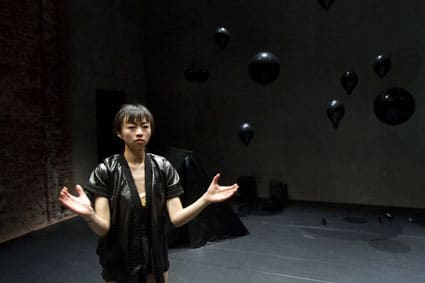
Choreographers such as Paul Selwyn Norton, Anouk van Dijk, André Gingras, Nanine Linning, Ann Van den Broek, Samir Calixto, Joeri Dubbe, Alida Dors, David Middendorp, Jasper van Luijk and Kalpana Raghuraman found support and encouragement there to produce and develop their careers. A striking feature of Spreksel's artistic policy was that, among other things, he strengthened ties with NDT and regularly gave dancers from Nederlands Dans Theater the chance to develop choreographically, such as Dylan Newcomb and Amos Ben-Tal. He also paid attention to Indian dance, partly from his personal interest as a dancer. The CaDance festival, which relaunches this coming 27 January, is a springboard for emerging dance makers in the Netherlands as a premiere festival.
Dance house
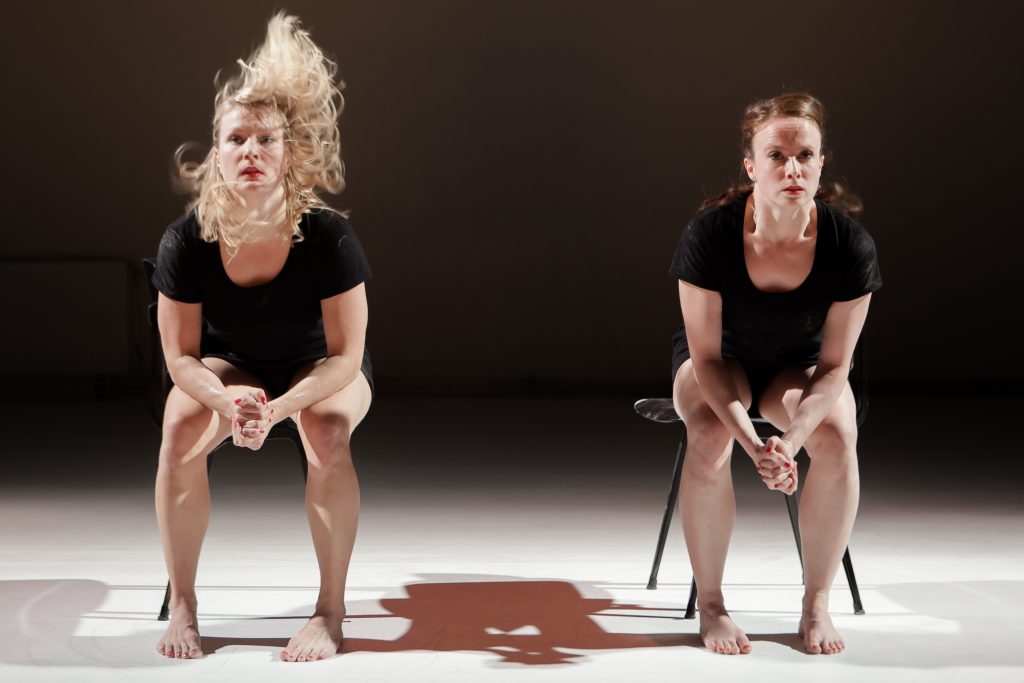
Often, choreographers who broke through at Korzo also started their careers at the former Danswerkplaats Amsterdam (DWA). From its inception in 1993, this workshop was led by Ger Jager. Anouk van Dijk in particular worked intensively with Jager and, with the support of DWA, developed her work as a choreographer.
During the recurring perils surrounding the Amsterdam Dance House, a plan Ger Jager developed with Garry Feingold of the Henny Jurriëns Foundation, Jager and DWA relaunched under the name Dansmakers and moved to the Stork site in Amsterdam North in 2011. But in 2014 clapped the dance house plan for good. On 18 November this year, the Dansmakers board then announced Ger Jager's departure by email, due to differences of opinion on the future direction. Dansmakers, like Korzo, had fallen on hard times. The Amsterdam Fund for the Arts recommended a significantly lower amount (just right for the rent), while the Performing Arts Fund gave no money at all and the negative advice ensured that the 10 million would not bring solace either.
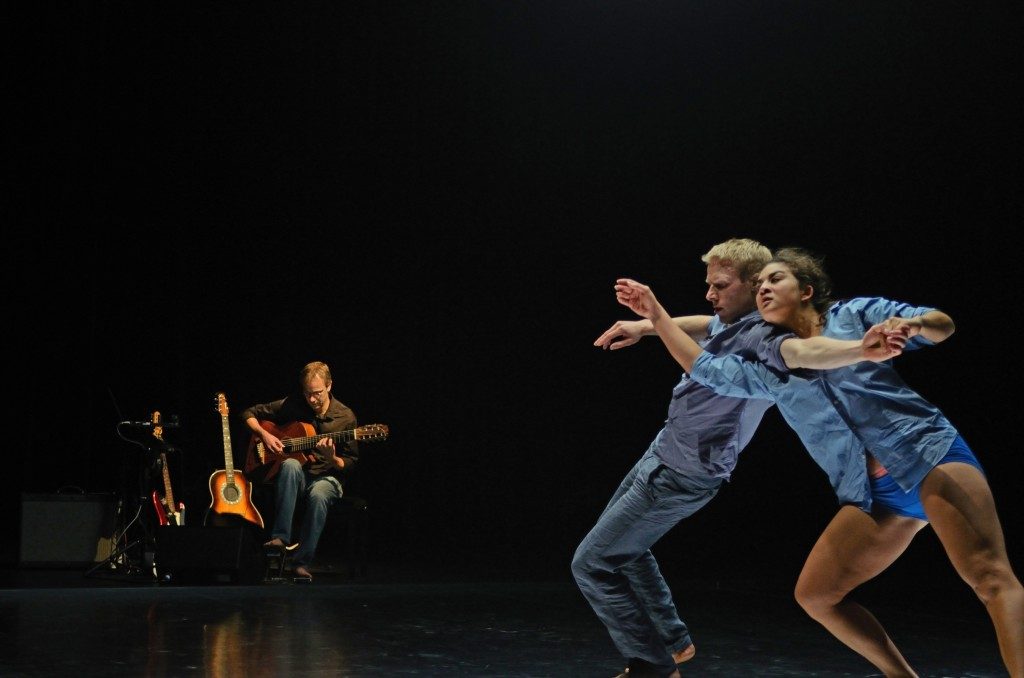
Stamp
Jager and Spreksel left a huge mark on Dutch contemporary dance over the past 30 years from various positions, especially on talent development for freelance choreographers. For decades, Spreksel sat on all kinds of committees of the various funds, foundations and councils, which granted subsidies to individual projects and production sites or companies, thus helping to determine the subsidy structure of dance-making in the Netherlands: Performing Arts Fund, the Prince Bernard Fund, the Council for Culture, the Rotterdam Art Foundation, the Arts Advisory Committee of the Province of North Brabant.
The reason why artistic and business leaders, especially in contemporary dance, stay in one place for so long is anyone's guess. Samuel Wuersten (Codarts, Holland Dance Festival) and Amy Gale (Dansateliers Rotterdam) were also in the same place for a long time. Amsterdam's new dance&performance freelancers initiative BAU explicitly mentions the lack of flow of artistic directors as one of the pain points in several statements. During the years of the dance house drama, for instance, freelancers were not involved in consultations at all, even though the institution was explicitly meant for them. This top-down mentality, perhaps once common in dance, has been a thorn in the side of independent makers for years.
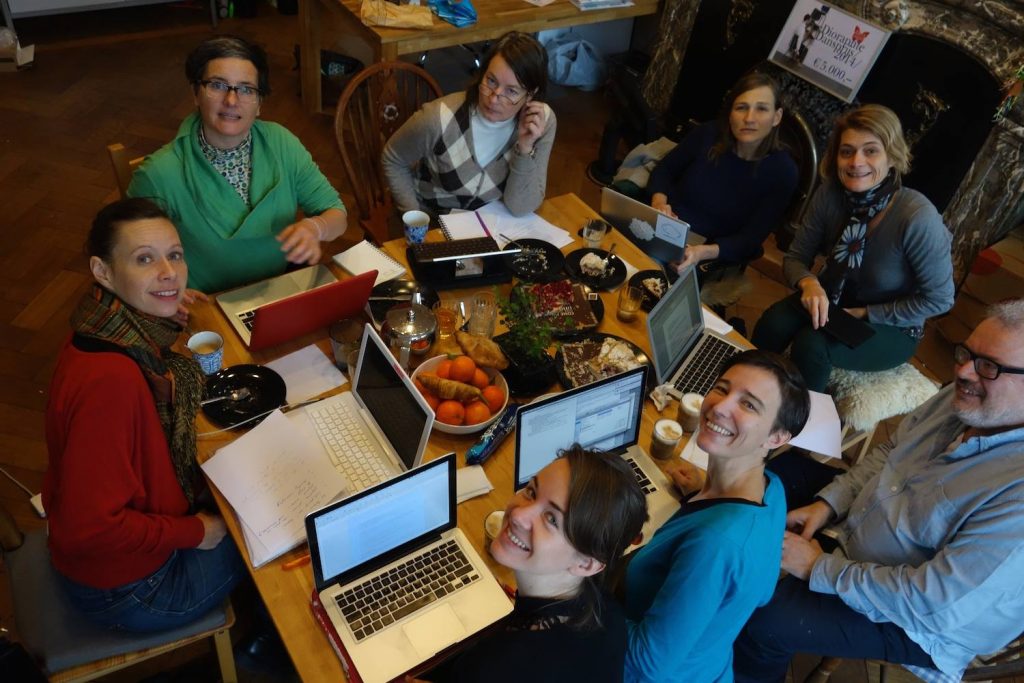
Malaise
Besides the disappearance of production houses in the new arts plan logic since 2012, a slightly too narrow conception of what dance is could therefore also be seen as the cause of the current malaise. Hiphoppers and street dancers, as well as more conceptually minded makers, did find their way to Korzo and Dansmakers, but did not flourish there. At an ICK meeting in 2012, Sonja Augart (now working in Berlin) characterised it as "applying to the very institution that should actually be serving you".
At the same time, the independent dance makers may also take a look at themselves. Often, they were unable to delve into the tough subject matter that not only applying for grants but also influencing policy now entails.
Anne Breure is very clear about this in a recent interview: "If you want to change things you have to address politics. BAU, for example, is very important in this. As a platform, they give a voice to the independent makers' field and play an important role in politicising the debate within dance, such as with the alarm letter. If you read the alarm letter, you do feel that it was written by many different voices. The letter tries to unite a lot of different agendas, which is not the most powerful thing. The important thing is that an alarm signal has been issued."
"In general in the dance and performance field, we still don't always seem to be as informed and informed about what is going on politically and policy-wise. If we as a field want to have a voice in the debate, things have to change. Then we need to delve into the proposed and implemented systems. This is necessary to be able to give precise and constructive criticism, to explore possibilities and develop creative strategies. Otherwise, things will not arrive. For example, just after the results in August, it was shouted that nothing more was being subsidised in Amsterdam in terms of experimental dance and performance. That wasn't true. If you don't want to be immediately sidelined in the debate, you have to deliver informed and well-founded responses. Surely we expect that same care from our subsidisers."
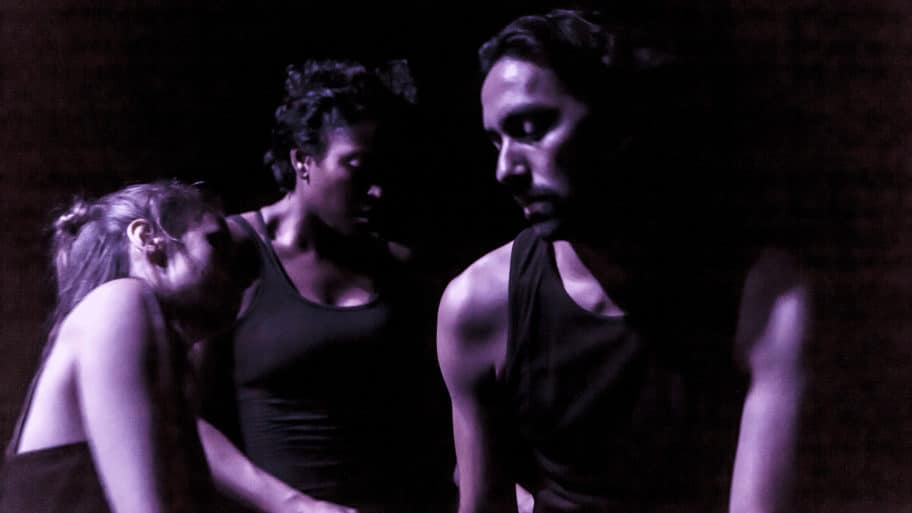
Support
During a public talk at Veem House of Performance during the festival Very Now, entitled Wishful Thinking, ICKamsterdam's new artistic coordinator Michiel Nannen added on a painful note: "It seems as if experimental dance and performance has lost some of its support among dance advisers. We can be angry about that, but it is better to look at how we have lost those people and what we can do about it."
ICK lost as much as 3 tonnes in this summer's raffle. The talent development programme co-developed by Renée Copraij in recent years was therefore discontinued. Nannen stresses that there is still plenty to do in terms of talent development, even if on a relatively small scale. Keren Levi will work with ICK's dancers. Together with Frascati, Michele Rizzo will be supported in his new production. Amos Ben-Tal, Erik Kaiel and Arno Schuitemaker were recently seen in Marseille, and in February Marseille comes to de Meervaart during ICKFEST and then Florentina Holzinger will tour the Netherlands with a new piece together with Schuitemaker.
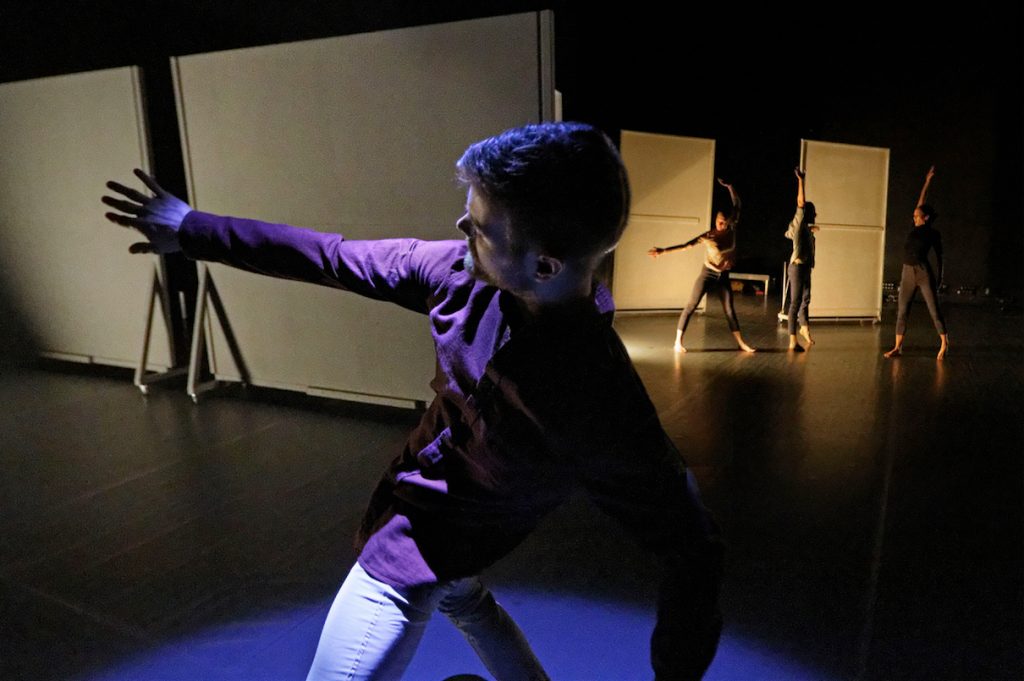
Hope
It is hopeful that different actors from the dance field will come together to publicly explain their position in more detail and discuss the future of dance with each other, unhindered by the size of the subsidy amount obtained or, on the contrary, the cut they were given.
With Ger Jager and Leo Spreksel, for all their merits, stepping down, there is not only the need, but also the space for other players in the field to further develop their vision and enter into new, different kinds of alliances. Beyond the old opposition of aesthetic and conceptual dance, I hope. Hip-hop, theatre and youth dance, participation, performance and mime included.
To be continued.
